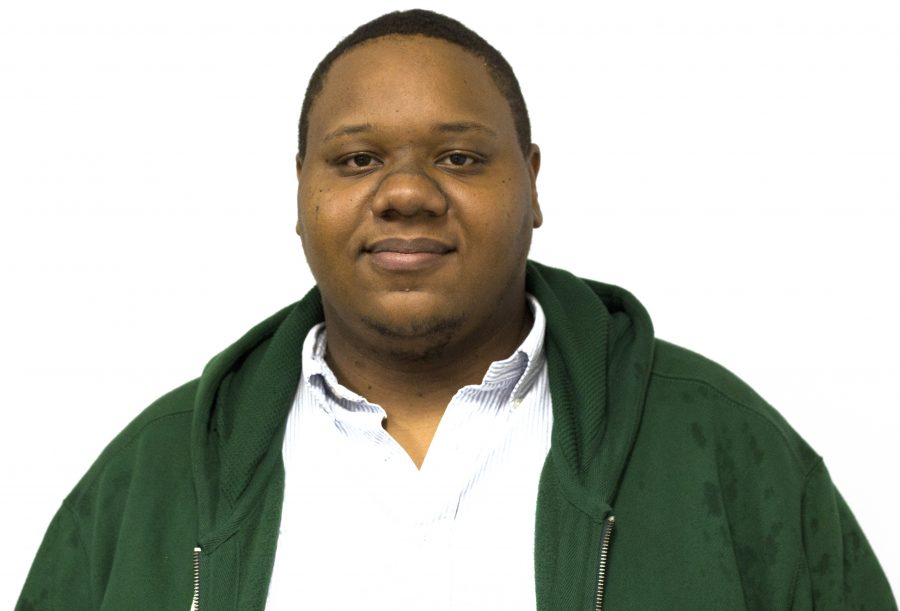 Every New Year, we declare resolutions. We make utterly false promises to ourselves about habits we intend to kick or change and goals we never intend to achieve. Instead of dropping 10 pounds in the gym or hiking the Appalachian, how about asking yourself why you are here at The University of Alabama?
Every New Year, we declare resolutions. We make utterly false promises to ourselves about habits we intend to kick or change and goals we never intend to achieve. Instead of dropping 10 pounds in the gym or hiking the Appalachian, how about asking yourself why you are here at The University of Alabama?
Many of you may believe the answer to this question is embarrassingly self-evident: to get a job. However, as I sat in class last semester and listened to a young college student announce almost proudly that she did not read anything at all and seemed surprised that Twitter was not a text of literary merit, I am compelled to believe otherwise.
After four years in undergrad and three semesters in graduate school, this student is one in a long line afflicted with the seemingly pandemic inability to think critically in college.
Many students fail to comprehend that learning is part of a process that does not simply happen when you arrive at Morgan or Lloyd Hall for class. Learning is a participatory endeavor that requires more than just a present body and a mind willing to retain information. You must be able to independently and cooperatively acquire information and use it to interpret the world around you.
We all see the banners in the CrimsonRide and plastered on campus bulletin boards that boldly display initiatives such as “finish in four,” “find your passion” or “discover yourself” by visiting the Source or “get connected” by joining one of the hundreds of organizations on campus. Yet, these are merely slogans offering the opportunity to have an experience. These experiences amount to nothing if you cannot exercise your critical faculty to determine how useful this resource may be to you.
As college students we must learn to read between the lines. A successful career does not come in a gift-wrapped bottle presented to you with your diploma. You must learn to use what information you’ve acquired to complement the skills you currently possess and those you can develop through learning.
Instead of blindly believing that you need to go to college to get a job, start with the bigger picture and ask yourself: How is going to college going to help you get a job? What do you need to do in order to make your degree of use to you? If you are willing do some reading and make some connections, you will quickly realize that a degree is less than half of the work required to be successful.
No option is a certainty. Our market is flooded with lawyers who went to college thinking it was the best way to make money, graduate schools are rejecting students who did not realize there was more to undergraduate work than just making good grades and going to class, and businesses are consistently moaning about the inability of young graduates to think and analyze.
So, in the dawn of this New Year, take a critical look at your priorities and goals. College does not come with an itinerary; you must consider how the path you pursue will impact your goals, which means you must start with a greater objective than simply obtaining a degree to get a job.
It is solely up to you to make your time here on campus useful and worthwhile, because contrary to popular opinion in Alabama, President Obama is not responsible for your employment status.
John Speer is a graduate student in secondary education. His column runs weekly.






